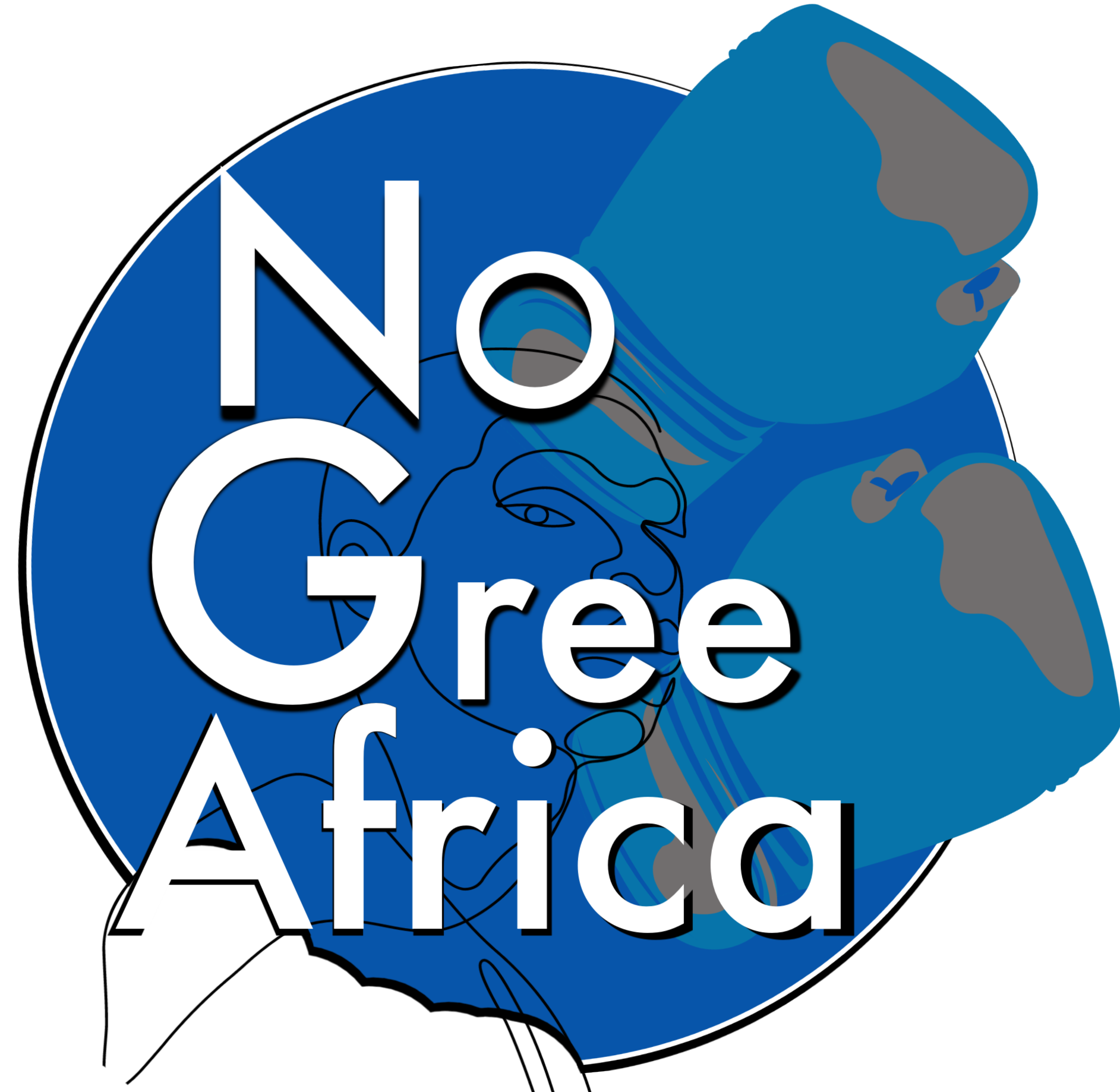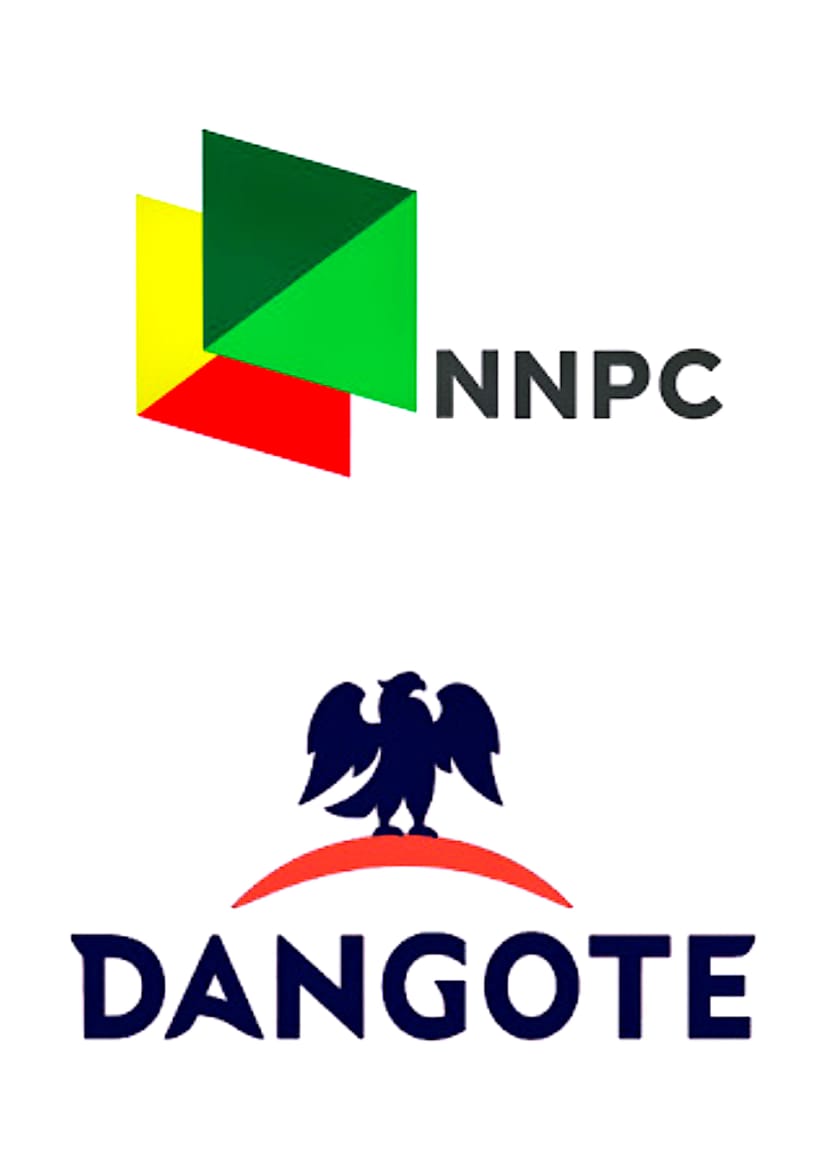By Pai Tukum
In recent months, Nigeria’s petroleum landscape has been dominated by a fierce price war between two industry giants: the Nigerian National Petroleum Company Limited (NNPCL) and the privately-owned Dangote Petroleum Refinery. This battle has led to fluctuating fuel prices, leaving the average Nigerian consumer caught in the crossfire.
The Dangote Refinery, inaugurated in 2023 with a capacity of 650,000 barrels per day, was heralded as a game-changer for Nigeria’s oil sector, aiming to reduce dependence on fuel imports. In a strategic move to capture market share, Dangote slashed petrol prices to N860 per liter, compelling NNPCL to match this rate to retain its customer base.
This aggressive pricing strategy has had ripple effects across the industry. Independent oil marketers, unable to compete with the reduced prices, have reported significant losses, with some estimating daily deficits of up to N2.5 billion.
Complicating matters, Dangote Refinery announced a temporary suspension of fuel sales in the local naira currency, citing discrepancies between naira sales and dollar-denominated crude purchases. This decision has raised concerns about potential increases in petrol prices and further depreciation of the naira, as traders scramble for U.S. dollars.
In response to these developments, the Nigerian government has established regulatory bodies to oversee and stabilize the petroleum sector. The Petroleum Products Pricing Regulatory Agency (PPPRA), created in 2003, is tasked with monitoring and regulating the supply, distribution, and pricing of petroleum products. Additionally, the Midstream and Downstream Petroleum Operations Regulations of 2022 aim to ensure fair competition and protect consumer interests by overseeing pricing mechanisms and market operations.
Despite these regulatory frameworks, the ongoing tussle between NNPCL and Dangote has exposed gaps in enforcement and highlighted the need for more robust policies to shield consumers from market volatility. As these corporate titans vie for dominance, ordinary Nigerians bear the brunt of unpredictable fuel prices, underscoring the urgency for effective regulatory interventions to ensure stability and fairness in the petroleum market.







